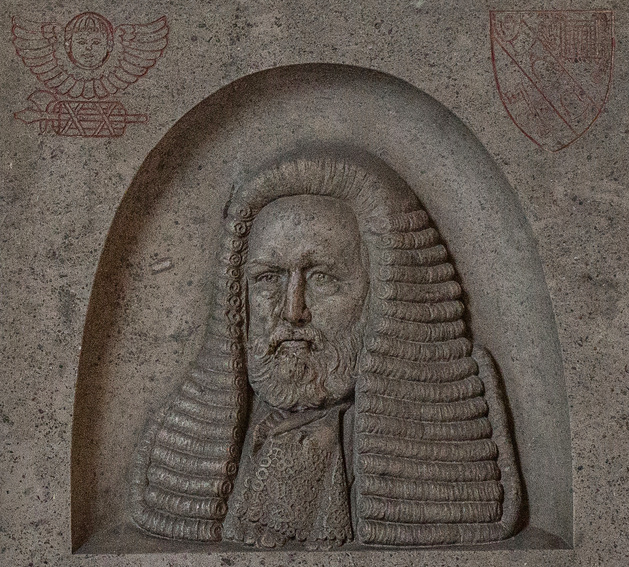The limits of judicial deference to academic judgment
In my first post yesterday, I took certain comments of Kennedy J in the recent US Supreme Court decision in Fisher v University of Texas __ US __ (23 June 2016) as the context for an analysis of the nature of judicial deference to academic judgment. In this post, I want to look at the limits to such deference. Once those limits have been reached, substantive claims are entertained, even if they often fail (see M Davies “Challenges to ‘academic immunity’ – the beginning of a new era?” (2004) 16 Education & the Law 75).
This is true at both public and private law; and, whilst the public law analysis has dominated the cases (S Hedley “Students as Litigants: A Public Law or a Private Law Issue?” (2015) 14 Hibernian Law Journal 1 [hereafter: Hedley]), the line between these two procedures isn’t always clear. On the one hand, in Green v Master and Fellows of St Peter’s College Cambridge (The Times, 10 February 1896; cited in Hedley, 1; jpg) Wills J held that it was “obvious that the relation between an undergraduate and his college was not a contractual one”. Hence, in Jaffer v York University 2010 ONCA 654 (7 October 2010) [26], [28] (blogged here | here) Karakatsanis JA held that judicial review is the proper procedure when seeking to reverse an internal academic decision (approving Gauthier v Saint-Germain 2010 ONCA 309 (CanLII) (3 May 2010) [46] (Rouleau jca).…


 On 26 March 2009, the Minister for Finance confirmed that the Government had decided to implement
On 26 March 2009, the Minister for Finance confirmed that the Government had decided to implement 